Artificial
tee lines and tee mats are synthetic surfaces designed to
imitate natural grass areas for golf use. They give a
hard-wearing, low-maintenance
alternative to traditional grass, fit for driving ranges, golf courses, and
home use.
Artificial Grass Tee Line FAQs
Artificial tee
lines and tee mats are typically made from premium synthetic
fibers including nylon
or polypropylene. Such materials are
used for their durability,
resilience, and ability to replicate the feel and performance of real grass.
Artificial tee lines and tee mats provide numerous advantages, including:
- Durability: Withstand frequent use and extreme weather.
- Low Maintenance: Require minimal upkeep compared to real grass.
- Consistent Performance: Offer a consistent golfing surface year-round.
- Budget-friendly: Lower costs tied to watering, mowing, and fertilizer application.
Absolutely,
most artificial tee mats are designed
to be suitable for real golf tees. They usually
have a heavy, tufted construction that firmly holds
tees stable, allowing
for a realistic
golfing experience.
Setting up generally involves:
- Surface Preparation: Remove debris from and level the ground in which the tee line or mat will be set up.
- Base Layer: Lay a base layer of crushed stone or gravel to ensure proper drainage.
- Mat Placement: Place the golf mat on top of the base layer, confirming a tight fit.
- Securing: Secure the mat using appropriate fasteners to prevent shifting.
It’s highly encouraged having a professional do the installation. See how we install it here.
Upkeep is easy and includes:
- Regular Cleaning: Remove debris and clean with water to ensure a clean surface.
- Inspection: Regularly check for any damage or wear and address issues promptly.
- Revitalization: Periodically lift the fibers with a electric broom to retain the vertical position
Absolutely,
artificial tee mats are engineered with safety in mind. Tee mats provide a
secure and consistent golfing surface, minimizing the
chance of injuries associated with rough or worn natural
grass.
Top-grade
artificial tee lines and tee mats are engineered to
withstand various types of weather, such as extreme heat, rainstorms, and
freezing conditions. They are UV-stabilized to
stop fading and
deterioration from prolonged sun
exposure.
The lifespan of artificial tee lines and tee mats depends on the how often they are used and
the quality of the components.
Typically, they remain functional
between 5 to 10 years with appropriate
maintenance.
Absolutely,
artificial tee mats can be customized in
size, depth, and
design to fit individual needs. Get
in touch to explore personalized choices!
